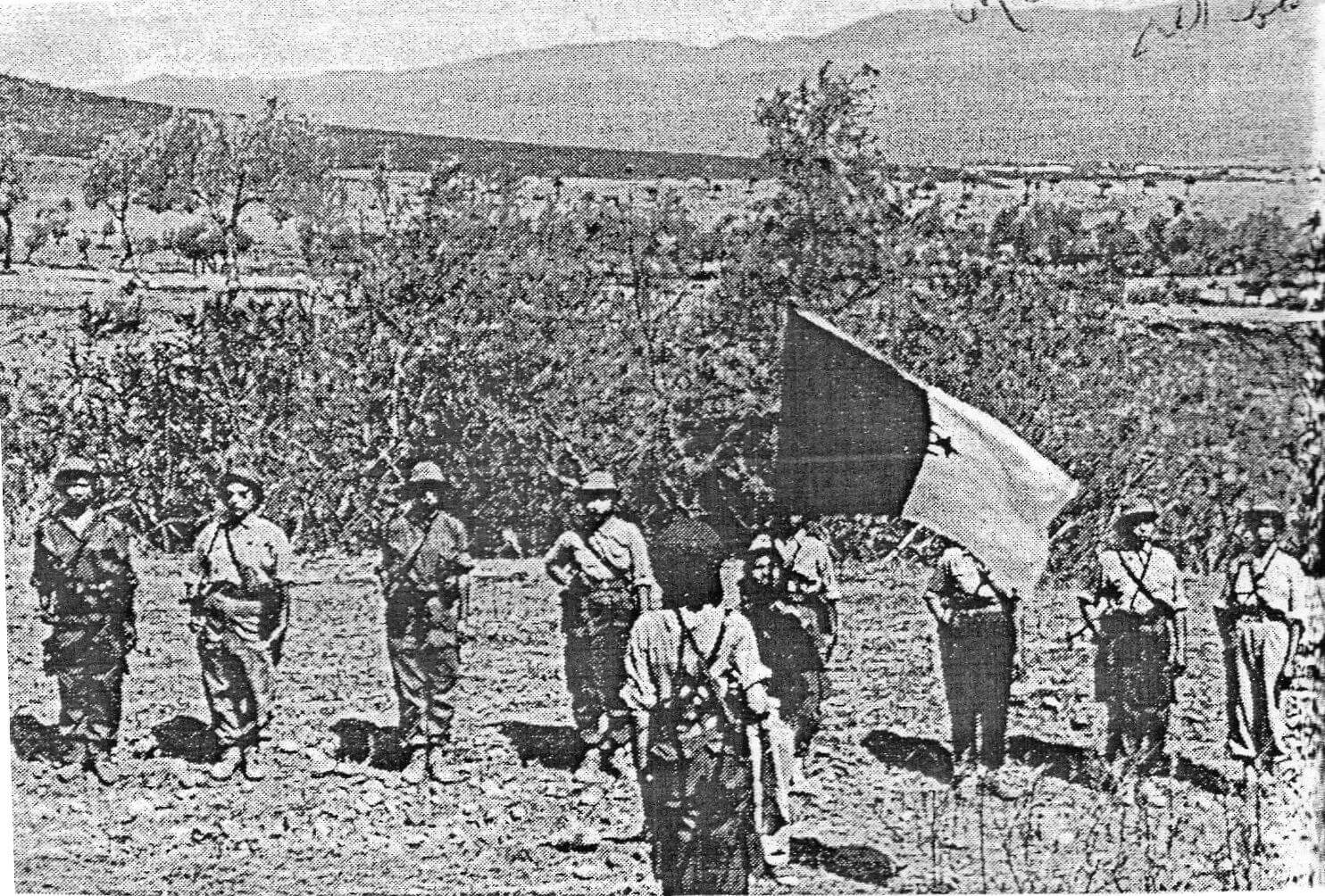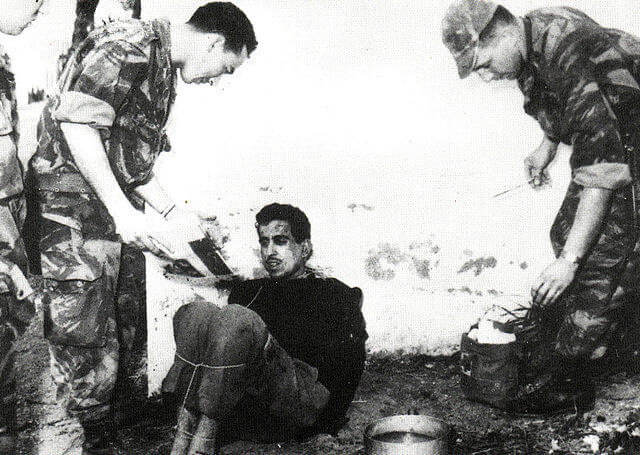After 52 years of independence, Algeria’s progress looks bleaker than ever.
The 5th of July is a day where 37 million people look back to 1962, when the Evian Records were signed. On this day, 52 years ago, France decided via referendum that its colony had a right to be its own country.
Independence day marks a time when many elders remember their loss by visiting the graves of old friends, or of family who were in the wrong place at the wrong time. Grandparents take their grandchildren down the main streets of Algiers, Oran and Setif, their little feet pattering against the very footpath that was, in a previous life, drenched with blood, tears and tattered dreams.
The Algerian ‘Civil War’ is one of the most memorable events in the nation’s history. But any Algerian, young or old, can tell you that there was nothing civil about that struggle. They fought to remove the control of a foreign power. The phrase ‘milliyoon shaheed’, still repeated to this day, defined the nation 40 years ago. Today, in the post-modern world, Algerian youth have been struggling to leave their mark amongst a people who refuse to let go of their past.
The modern Algerian is at a crossroads, not unlike their predecessors in terms of cultural identity, still trying to define what it means to be Algerian. They identify with the persistent culture clash between East and West, with French culture permeating every facet of life. Where is the flavour, the colour or the essence of Algeria when you have baguettes and croissants for breakfast? Why are seven-year-olds learning French conjugations when current politicians, in the recent election, demonstrated that they are barely able to string a sentence together in Arabic? Perhaps politics’ inadequacy to accurately represent a nation is a problem amongst all corrupt governments, but it really makes you think.
I cannot relate to the sacrifices of my forefathers nor can I, like many children of Algerian migrants, understand my parents’ struggle with establishing a new nation. One where ties to Islamic and Arabian history were destroyed under the Orientalist pretense of being ‘uncivilised’, leaving behind a scarred slate with no way of healing. Like many other Arab nations, old habits die hard, and it is difficult to shake off colonialist history and culture. But what is harder is for youth to break through the iron-like grip older generations have on the past, and for the country to give them the hope and the chance to make it theirs. The tapestry that has woven this nation together can always do with new threads, intertwining and strengthening it, healing old wounds.
Colonisation is a vicious cycle, and one that is yet to end. Instead of being taught democracy, people are left holding onto memories of the past. If the recent election is anything to go by, the young and able will not be able to speak out for what they believe in and ethnic minorities will continue to be discriminated against. And with tensions building in the Arab World, few things are certain.
But what is certain is this: the persistence and belief that we can bring about the change Algeria needs is still alive. With new national highways, high-speed internet and international sport participation, Algeria is making do with what it has. Maybe we will not have to wait long for fairness and justice to prevail. Maybe one day it can become the country a million people have hoped for. And just like with our predecessors, that hope will continue to live and become a reality, even if it takes another 100 years.
By Ryma Tchier
Ryma is a Bachelor of Arts (Media)/B of Laws student at Maquarie University and hopes that her degree will enable her to do some good in the world. She’s a major bookworm with a self-proclaimed “kiss of death”, whereby every book she reads ultimately becomes too popular for its own good and finds itself turned into a motion picture. Oh the horror.



Great job Rima. French imperialism has definitely left a mark on the culture, religion and way of life of the Algerian people, and whilst the effects of imperialism inevitably seep down into the soils of a nation and the hearts and memories of its citizens, Algeria has been, and continues to be a nation that has conquered this stereotype… That being said, complete liberation from the French colonisation of Algeria is a harsh and long process. As Frantz Fanon once said in his book “A dying Colonialism”… “Liberation does not come as a.gif"comment-like-4580" data-liked=comment-not-liked class="comment-likes comment-not-liked"> Like Like